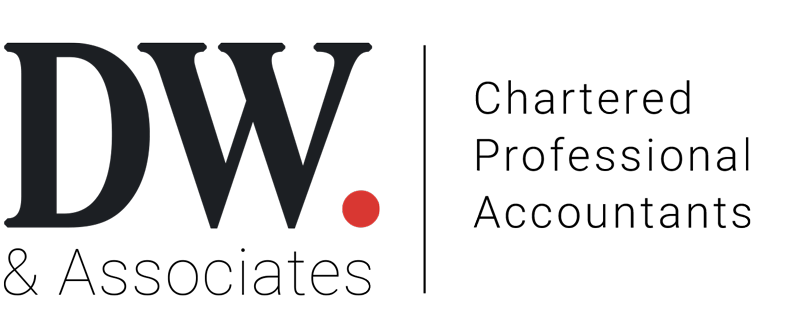Before you buy a rental property in British Columbia, it is important to understand the tax implications.
A rental property is simply a property you intend to earn rental income by renting out the space to tenants and providing only basic services, such as heat, light, parking, and laundry services.
If you provide additional services to your tenants, such as cleaning or meals, you will need to report your income to the Canada Revenue Agency (CRA) as rental business income, not rental property income.
To report your rental income from a rental property, use Form T776 Statement of Real Estate Rentals. For rental income from a business, use Form T2125 Statement of Business or Professional Activities.
Rental Income Tax
The CRA taxes your rental income at your marginal tax rate. If you co-own the rental property, you will be required to pay tax on your portion of the rental income, depending on the ownership structure.
You can reduce your rental income by claiming eligible expenses, tax credits, and deductions. Deductible rental expenses can be current or capital.
Current expenses are usually recurring expenses for short-term benefits that you can deduct in the year you incur them. Examples of expenses to reduce your rental income for tax purposes include utilities, maintenance, uncollectible rent, insurance, advertising, bank charges, and interest rates.
On the other hand, you cannot deduct the total capital expenses for your rental property in one year. Capital expenses are major costs directly related to the value of your rental property, such as renovation expenses, rental property equipment and furniture, and the original property purchase cost. These costs are spread across a specified number of years.
You must report every rental income when filing your taxes. If filing your taxes by paper form, you can use Form T776 Statement of Real Estate Rentals to report rental income and expenses. If filing your taxes online through an authorized tax software provider, you need to input your rental information through the software to calculate your taxes.
Goods and services tax/harmonized sales tax (GST/HST)
You may qualify for the GST/HST new residential rental property rebate if you buy or build new residential housing. This rebate may also be available to landlords who carry out substantial residential home renovations on an existing property or convert commercial property into residential property.
To qualify for the residential rental property rebate, you must rent out your property to individuals living in the property as their primary place of residence for a long-term period.
Apply for this rebate using Form GST524, GST/HST New Residential Rental Property Rebate Application. Multiple unit housing landlords excluding duplexes and condominiums, use a different application, Form GST525, Supplement to the New Residential Rental Property Rebate Application – Co-op and Multiple Units.
If you own a partnership, read how to claim this rebate here.
Property Transfer Tax and Property Taxes
When you purchase your rental property, you will incur a property transfer tax and must file a property transfer tax return, except if you are exempted. The property transfer tax varies based on the fair market value of your rental property.
If the FMV of your property is up to $200,000, your property transfer tax will be 1% of your property value. This tax rate increases to 2% if the value of your property is more than $200,000 but less than $2,000,000. Landlords with properties valued greater than $2,000,000 will pay a 3% property transfer tax and a further 2% on properties above $3,000,000.
With the new 2023 budget, the government has introduced an exemption from the additional 2% tax for properties valued at $3,000,000 and higher.
The property transfer tax should not be confused with provincial property taxes. The property transfer tax is a one-off payment when you purchase the property. The property tax, on the other hand, is an annual payment that supports the funding of community services, such as emergency services, police and fire protection, community recreational centers, schools, hospitals, and libraries.
Your rental property tax depends on your location, property type, and value. The B.C. government will send you an annual property assessment that shows the value of your property for tax purposes. The property tax rate is adjusted every year to ensure adequate funding for community services.
You need to report your rental property income and complete your taxes every year. You may need an accountant to help you ensure you pay the right amount of taxes and claim all eligible rental property expenses.
At DW & Associates, Chartered Professional Accountants, we make rental income property taxation seamless for you. File your taxes and consult with us to help you minimize your income taxes.



